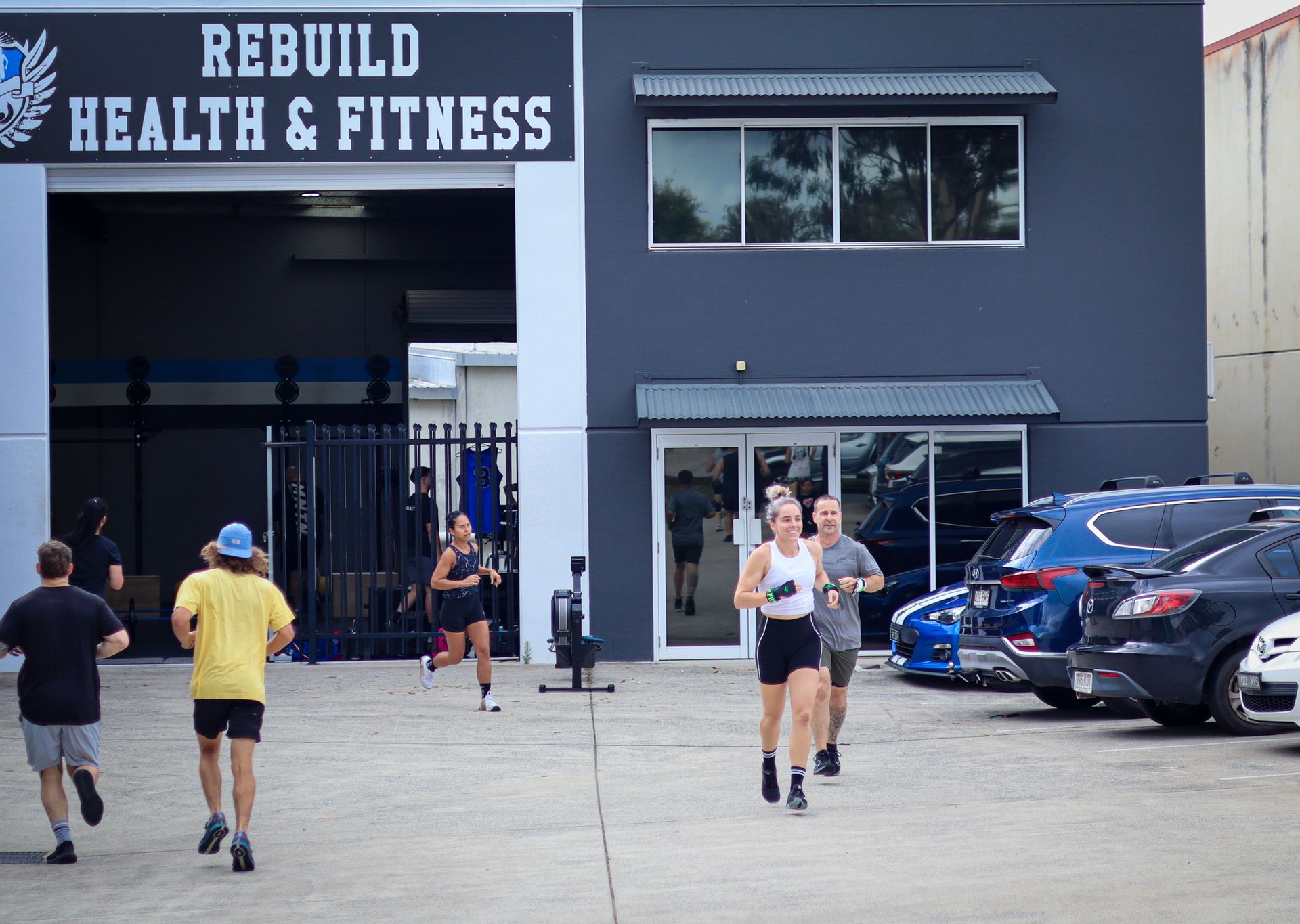The Importance of Self-Care and Social Activities: A Biopsychosocial Perspective
In our quest for overall well-being, self-care and social activities play crucial roles that often intersect and enhance each other. The biopsychosocial model, which integrates biological, psychological, and social factors, provides a comprehensive framework for understanding how these elements contribute to our health. Let’s explore how self-care and social activities, viewed through this model, can significantly enhance our quality of life.Biological Aspect: Nourishing the BodySelf-care is essential for maintaining physical health. This includes activities such as regular exercise, balanced nutrition, adequate sleep, and medical check-ups. Exercise, for instance, boosts endorphins, which are natural mood lifters. Proper nutrition fuels our bodies and supports vital functions, while sufficient sleep allows for physical recovery and mental rejuvenation.Social activities, on the other hand, have a profound impact on our biological health as well. Engaging with others can reduce stress hormones like cortisol, boost the immune system, and even lower blood pressure. Activities such as group sports or fitness classes also provide physical benefits while fostering social connections.Psychological Aspect: Mental and Emotional Well-beingPsychologically, self-care involves activities that promote mental clarity and emotional stability. This can include mindfulness practices, hobbies, and setting personal boundaries. Taking time for oneself to engage in enjoyable activities reduces stress, enhances mood, and fosters a sense of self-worth and accomplishment.Social activities significantly contribute to our psychological health by providing emotional support and a sense of belonging. Positive social interactions can help reduce feelings of loneliness and depression. Sharing experiences, whether through conversation, group activities, or community involvement, reinforces our mental resilience and emotional well-being.Social Aspect: Building Connections and CommunitySocially, self-care means respecting and prioritising your own needs within relationships. It involves saying no when necessary, and ensuring that your social engagements are fulfilling rather than draining. Healthy relationships and social interactions are vital for maintaining a balanced social life.Social activities, such as spending time with family and friends, participating in community events, or joining clubs, enhance our social networks. These interactions are crucial for developing a sense of community and belonging. They also provide opportunities for support, advice, and shared joy, which are essential components of social health.
Previous Blogs


